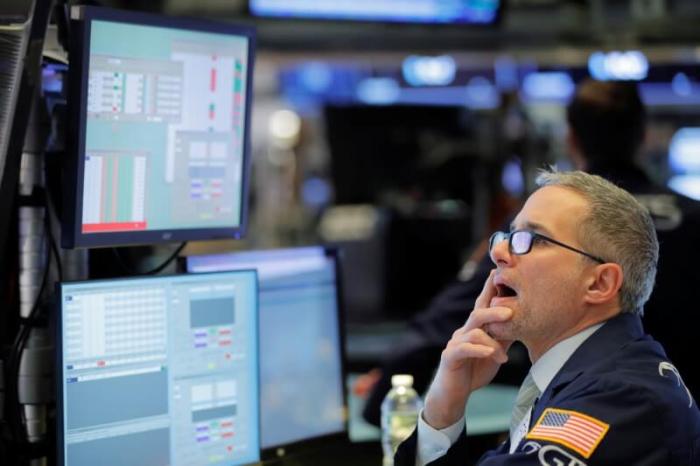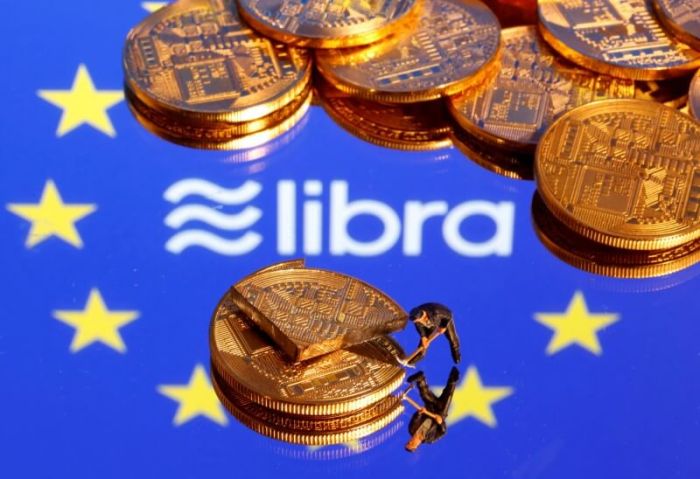By Tom Arnold and Cassandra Garrison
LONDON/BUENOS AIRES (Reuters) – Argentina’s peso opened slightly stronger on Monday after leftist opposition candidate Alberto Fernandez clenched victory over incumbent Mauricio Macri in the presidential election, and the central bank tightened its restrictions on dollar purchases.
The peso was 0.4% stronger to open at 59.75 per U.S. dollar, traders said. Just before local markets opened, traders said Argentina’s central bank was set to auction $50 million at 59.999 pesos per dollar to help stabilize the peso.
The central bank has spent about $22 billion in its reserves to defend the peso since the Aug. 11 primary, central bank president Guido Sandleris said.
In the early hours of Monday, the bank announced it would tighten a restriction on dollar purchasing to $200 per month for individuals, down from $10,000 a month, until December, when the new government will be in place.
“I know this measure, even though temporary, is very strict and affects many people. Its purpose is to preserve reserves during this transition period, until the new government defines its economic policies and the uncertainty dissipates,” Sandleris said on a press conference before local markets opened.
Argentine dollar bonds fell as investors fretted about the consequences for the national economy and debt burden after Fernandez ousted business-friendly Macri amid a deepening economic crisis.
The benchmark international 2028 dollar bond <040114HQ6=> dropped as much as 1.3 cents to 39.33 cents on the dollar, its lowest level since the start of the month, according to Refinitiv data.
With votes almost all counted, Fernandez had around 48% of the vote to Macri’s 40% – a wide enough margin to win, but a far better result for conservative leader Macri than a landslide defeat in an August primary that sparked a market collapse.
“The result was widely anticipated and whether Macri performs better than expected is neither here nor there,” said Gabriel Sterne, head of global macro research at Oxford Economics.
“Argentina is heading toward a default and there will now be tricky negotiations with the IMF, which has huge skin in the game and is desperate to safeguard its resources, and bondholders,” said Sterne, referring to the $57 billion financing deal Argentina reached with the International Monetary Fund.
Other economists said the market impact could be cushioned by a stronger-than-expected showing by Macri.
The result seems to suggest that voters showed some understanding of the need for fiscal tightening, said Shinji Ishimaru, senior currency analyst at MUFG Bank. “I think that could help steer the new government’s policies toward the center of the road.”
Investors are waiting for Fernandez and his vice presidential running mate, former President Cristina Fernandez de Kirchner, to detail their plans for Latin America’s No. 3 economy.
Alberto Fernandez and Macri met to have breakfast on Monday morning to discuss the political transition, a move that could help to calm markets.
That move could help to stabilize the currency in the short-term, said analysts, with “only a moderate weakening” in the peso expected, said Ishimaru.
Investors are closely watching signals from Fernandez in the coming weeks on how his government plans to approach Argentina’s international bondholders and its financing agreement with the IMF as default fears linger.
“The market will now focus on the new economic team, policies and relations with the IMF. A debt re-profiling is on the cards, but it may be less draconian than the extremely negative scenario currently priced in,” Jan Dehn, head of global research at Ashmore Group, said in an emailed statement, noting that Argentine debt was priced at 40 cents in a dollar.
(Graphic: Dollar drain png, https://fingfx.thomsonreuters.com/gfx/editorcharts/ARGENTINA-ECONOMY-RES…)
(Additonal reporting by Hideyuki Sano in Tokyo and Joan Manuel Santiago Lopez in Buenos Aires; Editing by Pravin Char and Steve Orlofsky)


















